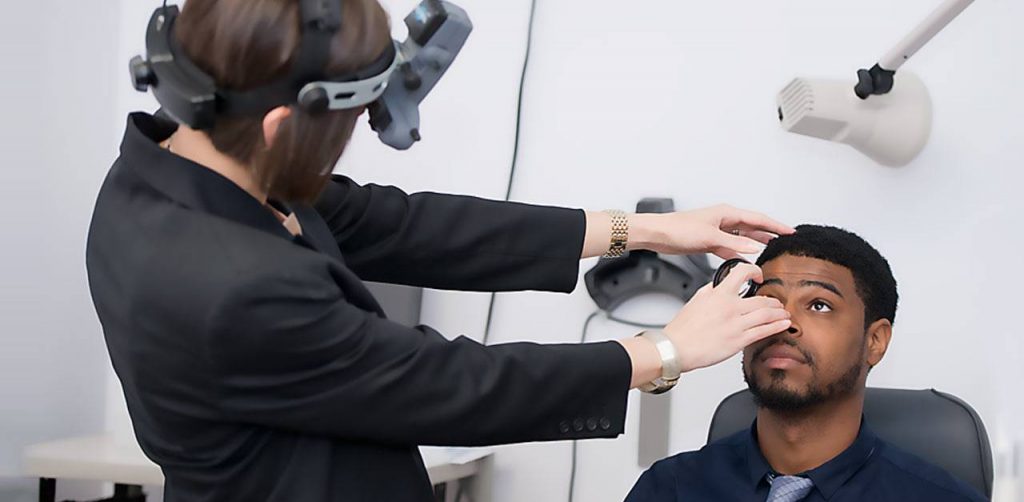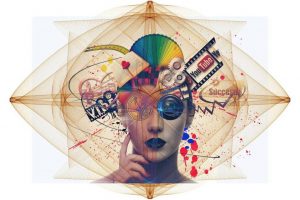What is a neuro-optometrist?
Neuro-optometrists diagnose and treat visual problems related to neurological conditions and traumatic brain injuries (TBI). Through rehabilitative treatment, neuro-optometrists retrain and strengthen the neural connections in the brain to improve binocular vision.
If you have sustained any type of brain injury, either from concussion, sports collision, car accident, physical violence, stroke or any other source, a neuro-optometrist may be able to help you.
What is neuro-optometric rehabilitation?
Neuro-optometric rehabilitation focuses on strengthening the visual skills needed to perform regular daily activities for increased independence and improved quality of life.
Which conditions can be treated with neuro-optometric rehabilitation?
If you or a loved one has been diagnosed with any of the following conditions, schedule a functional vision evaluation with a neuro-optometrist to determine if a program of neuro-optometric rehabilitation can treat your visual impairment.
- Head and traumatic brain injury (TBI)
- Concussion
- Sports collision
- Stroke and cerebrovascular accidents (CVA)
- Motor vehicle accident
- Physical violence
- Cerebral palsy (CP)
- Parkinson’s disease
- Multiple sclerosis
- Diabetic neuropathy
Which visual problems are treated with neuro-optometric rehabilitation?
Neuro-optometric rehabilitation can improve binocular vision for a wide variety of vision problems caused by a TBI or neurological condition.
Common vision problems include:
- Eyestrain
- Convergence insufficiency
- Tracking and scanning difficulties
- Focusing and fixating difficulties
- Double vision (diplopia)
- Strabismus (eye turn)
- Visual field loss
- Loss of central vision
- Visual neglect
Schedule an appointment with an eye doctor near you who can help diagnose any vision problems that you may be experiencing.
SEE RELATED: What Is Post-Traumatic Vision Syndrome?
Neuro-optometric rehabilitation can improve the visual skills necessary for:
- Visual information processing
- Visual memory
- Balance
- Gait
- Motor skills
- Cognitive skills
Neuro-optometric rehabilitation versus vision therapy
Neuro-optometric rehabilitation focuses on treating patients with visual problems caused by TBI, neurological conditions, and physical disabilities.
Neuro-optometrists will generally utilize therapeutic lenses, prisms, filters, and specific eye exercises to retrain the parts of the brain that have been affected by the neurological condition or incident, in order to improve binocular vision.
Vision therapy is used to treat developmental vision problems, such as strabismus, lazy eye, convergence insufficiency, etc. and improve the visual skills needed for clear and comfortable binocular vision.
Vision therapy can be effective to improve learning, reading and school performance as well as performance on the sports field.
Neuro-optometric rehabilitation and vision therapy are both effective treatments for a wide variety of vision conditions. However, while vision therapy is generally recommended for developmental vision problems, neuro-optometric rehabilitation is recommended for acquired vision problems.
LEARN MORE: Guide to Neuro-Optometry
If you are experiencing visual symptoms from a brain injury or neurological condition, schedule an appointment with a neuro-optometrist for a comprehensive evaluation.
The sooner you begin a neuro-optometric rehabilitation program, the greater your chances of improved visual skills for a lifetime of clear and comfortable vision.









